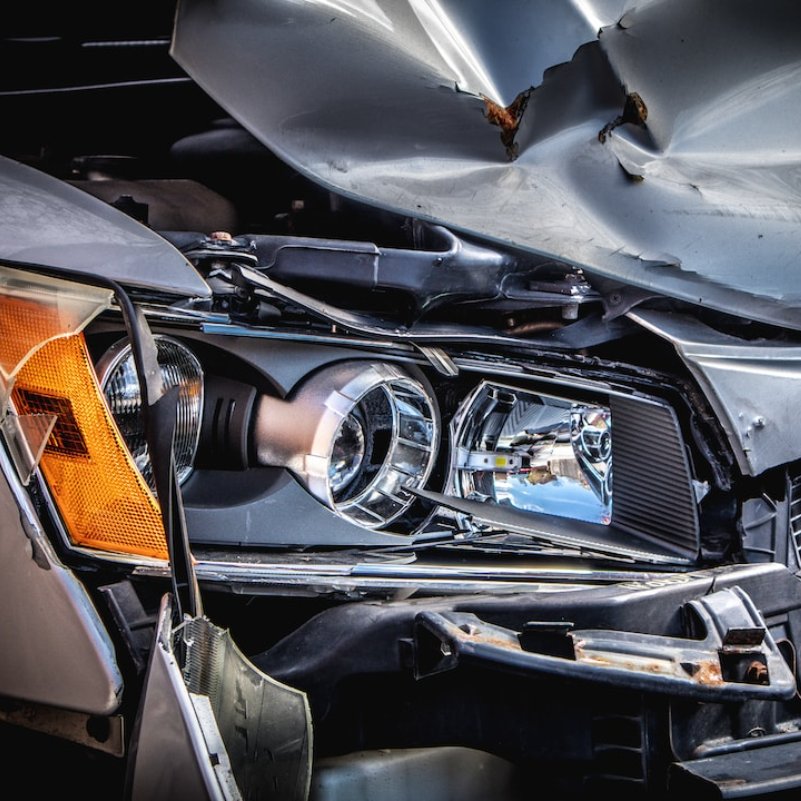The Bare Necessities
All drivers in the United States are required by law to have car insurance to take their car out on the road. In fact, a car dealership will check a driver's insurance status before selling them a new vehicle. However, what's important to keep in mind is that the insurance policy any driver is obligated to purchase is primarily for the financial responsibilities towards other drivers. This is a basic liability coverage policy, and it's mandatory in almost all U.S. states. In the unfortunate scenario that your car is damaged in an accident you've caused, you're on the hook to pay for both vehicles. In a worst-case scenario, you're also responsible for the medical bills for all involved parties. So what levels of car insurance can provide you with the peace of mind that you're covered in such an event? Well, you have a few coverage options worth considering.Keep in mind that even basic liability coverage comes in two forms: bodily injury coverage, which pays the medical bills of the other driver, and property damage, which pays for their vehicle. As far as insurance levels, your minimum coverage should at least both of these policies. When you begin to consider how much coverage you'd want in addition to these two forms, ask yourself what other elements are important to your personal needs. To truly protect your own assets, you may wish to add minimum levels of both comprehensive insurance coverage and collision coverage into your car insurance portfolio. This type of auto insurance coverage protects you in the event of any damage to your car not inflicted while driving. For example, vandalism, theft, or natural disasters are among the possible elements this policy covers.
Likewise, collision coverage can be an equally important level to add to your purchased policies. This is the key policy that will help you in the event of an accident. Regardless of who was at fault, this policy will help you pay for repairs or replace your vehicle outright in the event of a total loss. However, it's important to remember that, depending upon your insurance company, this type of policy will only pay up to the cash value of the vehicle after you've met the deductible for specifics on how your deductible works, speak with your insurer for a free car insurance quote and research the average rate for such a policy with your model vehicle.
Personal Injury and Medical Bills
No matter how you look at it, a car accident can be an expensive situation. Even if you weren't at fault and have excellent car insurance, you could still be unable to drive for a long amount of time. If you've suffered a total loss or are waiting for extensive repairs to be completed, it could be a drain on your wallet finding transportation to and from work. Even worse, there's the unfortunate possibility of bodily injury, which could accrue high medical expenses and inability to go to work at all. In these difficult scenarios, separate car insurance levels are available to provide you with cash flow in the event of such accidents.
Certain levels of insurance will provide you with a rental car while yours is in the shop, while other policies will help you pay for high medical expenses and lost income while you're out of work. If you've never shopped for these insurance additives, it's definitely worth speaking with your insurance company for a car insurance rate on the availability of policies that protects these interests.

